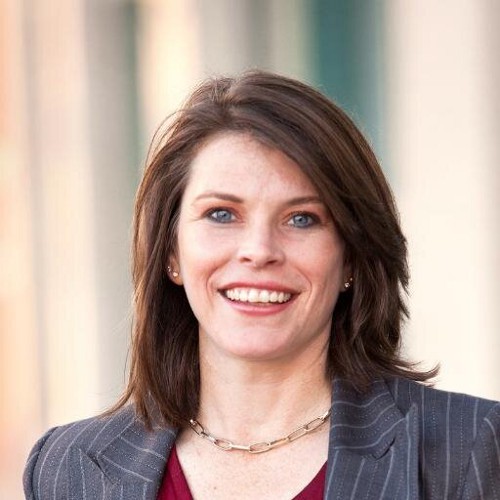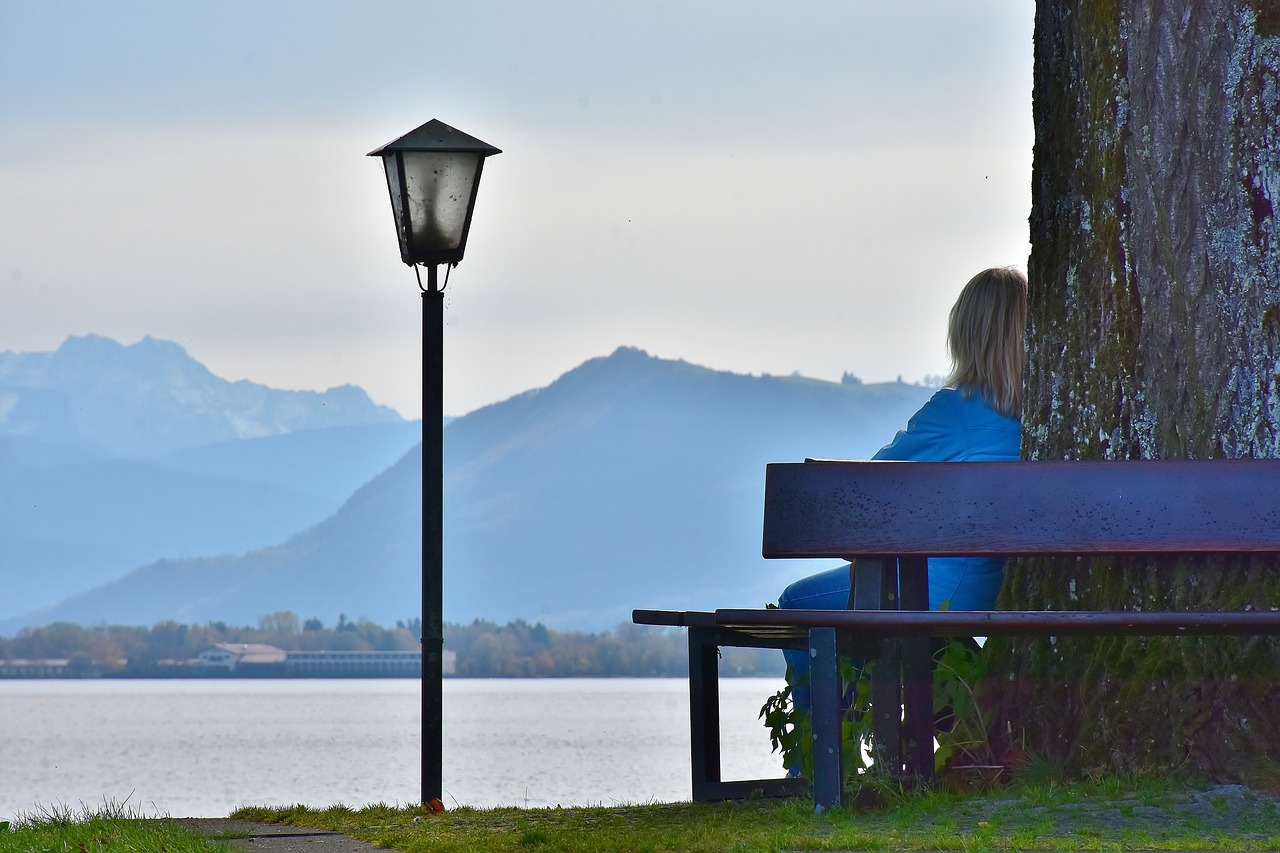“There is essentially only one heart, a universal function expressing through each of us in infinitely varied yet similar ways. This one heart is the universal in our life, and our life is that heart’s diverse expression.” – Guru Gurumayi, Nature’s Transcendent Biology
These days there is so much in our world that is discomforting or unpleasant. It’s almost impossible to think about a current event no matter what opinion you have, whether it’s your former employer, previous partner, politics or environmental threats. It’s easy to tune out to focus on more positive things, but no one can deny that each of us can take action to help comfort ourselves no matter what is happening. Its important to seek out ways you can also feel ok amidst the chaos. Call it what you want, but they are all forms of what I call “nurturing” or self-care.
What Is Nurturing?
Nurturing means comforting ourselves. To do this, we must accept our discomfort.[i] Comfort is a response to two primary emotions, fear and hurt.[ii] When we nurture or comfort ourselves, we are learning to provide the care and nourishment that we may or may not have gotten earlier in life. As adults, it’s up to use to learn how to nurture ourselves and develop the skills to self-soothe. I comfort myself in many ways when I feel stressed or discomfort. My favorite is going for human touch and connection (eye contact, hugs, bodily touch).
Self-soothing and nurturing ourselves is critical to human development. As an adult, I am individually responsible for developing skills for self-care so that I can thrive in my aliveness and live fully engaged and emotionally secure. I can repair non-secure attachment that I developed early on as an infant, that has laid the foundation for all my interactions in my child and adult life, and I’m starting to see that shift. I can bust through mistaken beliefs that I’ve had (I’m alone and on my own!). In short, it is through my own nurturing that I am learning and developing into my full potential self. If I don’t know how to take care of my own human needs, it’s unlikely that I will be able to care for anybody else. My needs will continue to be unmet and I will go through life half-satisfied and deprived of real comfort.
As we step into 2018, here are three questions to ask and answer:
– What is one thing you’ll try as a new way to practice nurturing and self-care for yourself?
– How can you practice radical act(s) of self-care in 2018? Is it speaking more kindly to yourself? Having patience but sharing truths with others? Even in the face of uncertainty and fear, you are more resilient and expressing responsibly (e.g. avoiding playing the blame, shame and drama game).
– What’s one thing you can do to be more nurturing in your day to day life?
Whatever the case may be, it’s clear that self care in our current world is of utmost importance. To be able to not be ruled by fear, weather it’s the headlines that are designed to stimulate and stun or the nightly news that again fires you up, remember you have control to choose to pause and take a moment to intentionally shift your behavior and make sure you are tuning in to feel, express responsibly, and nurture yourself.
Image: CC0 Creative Commons


